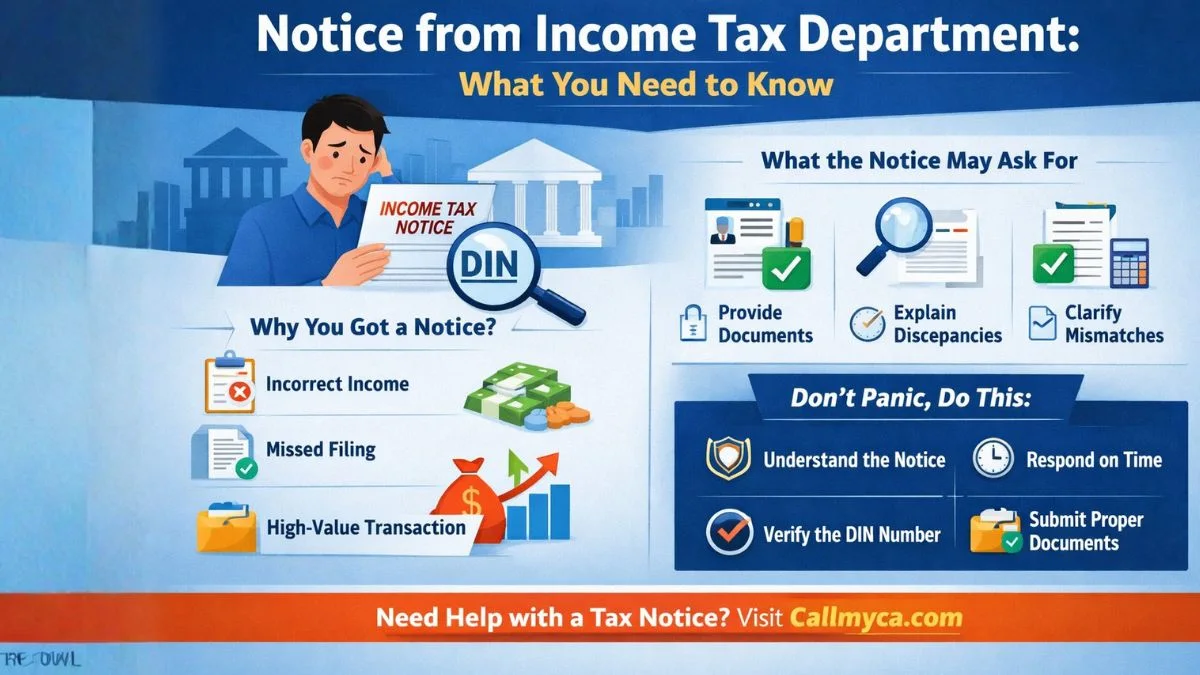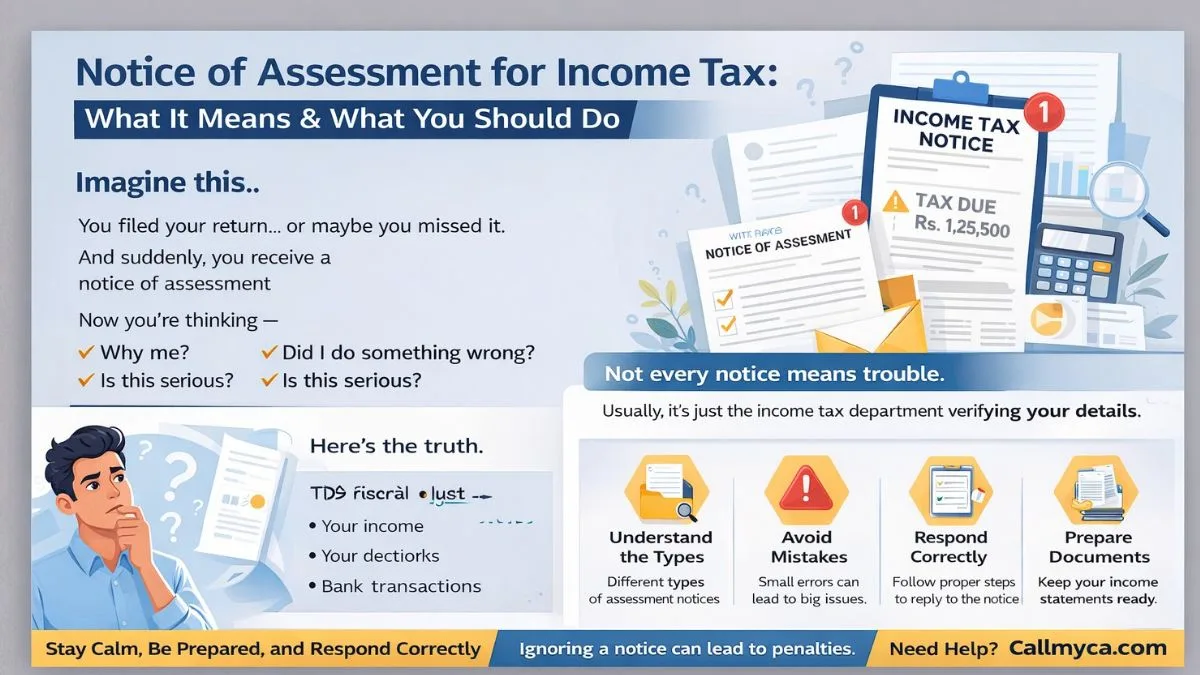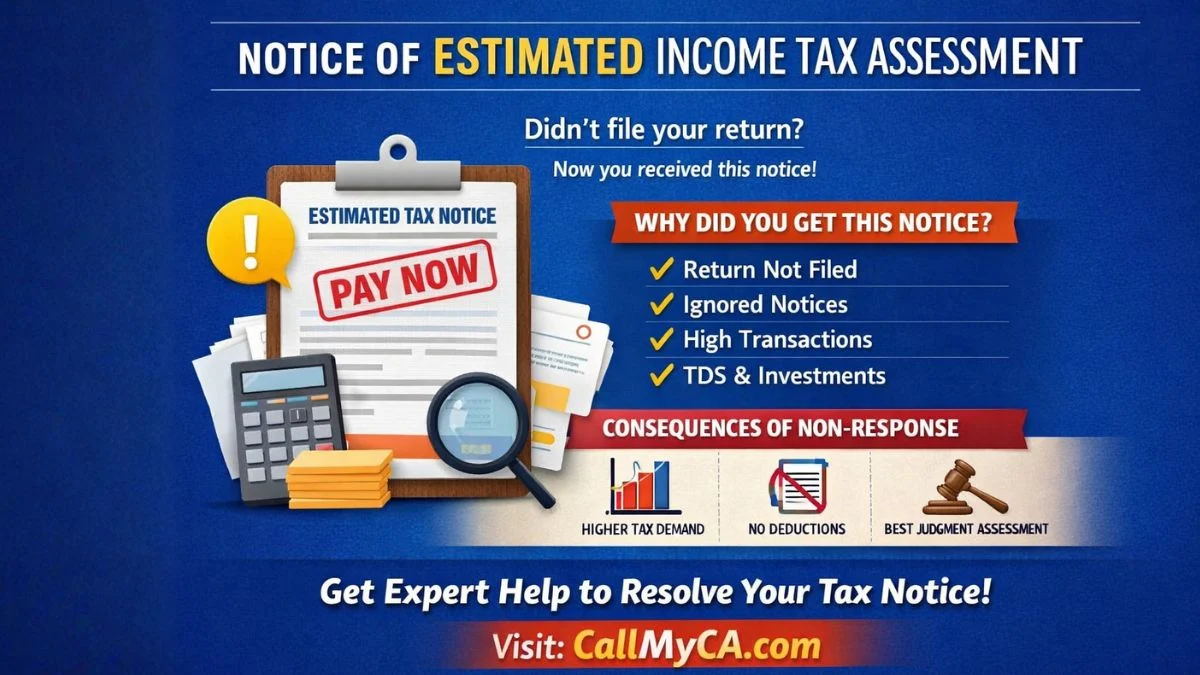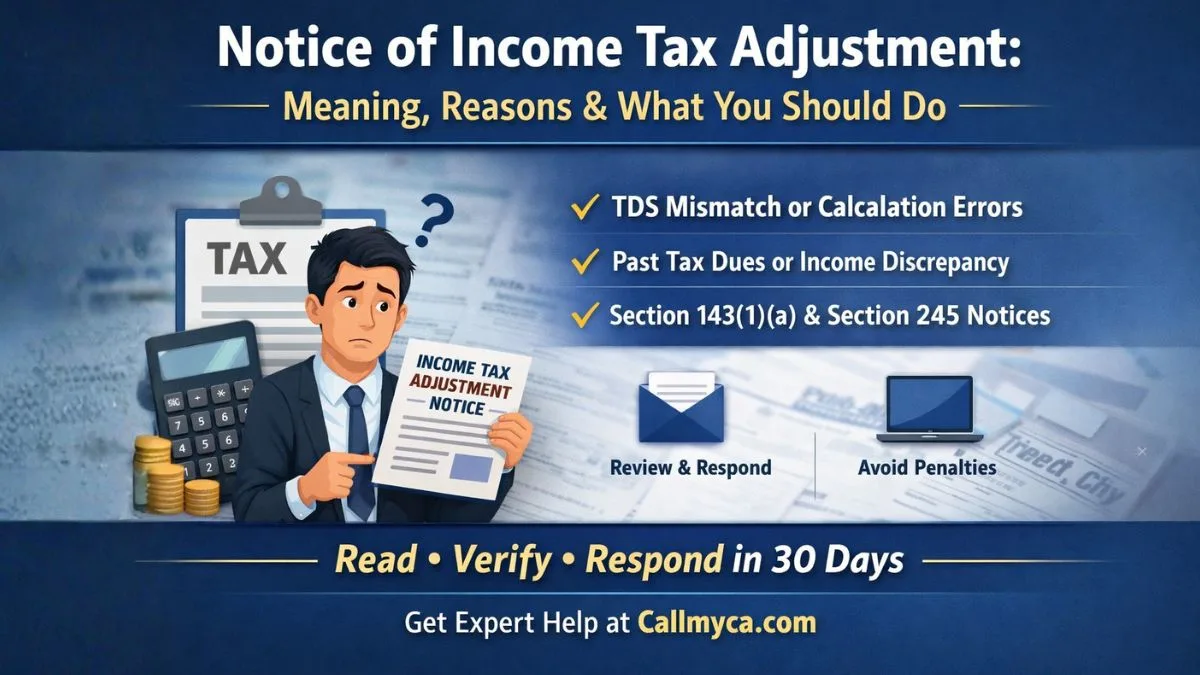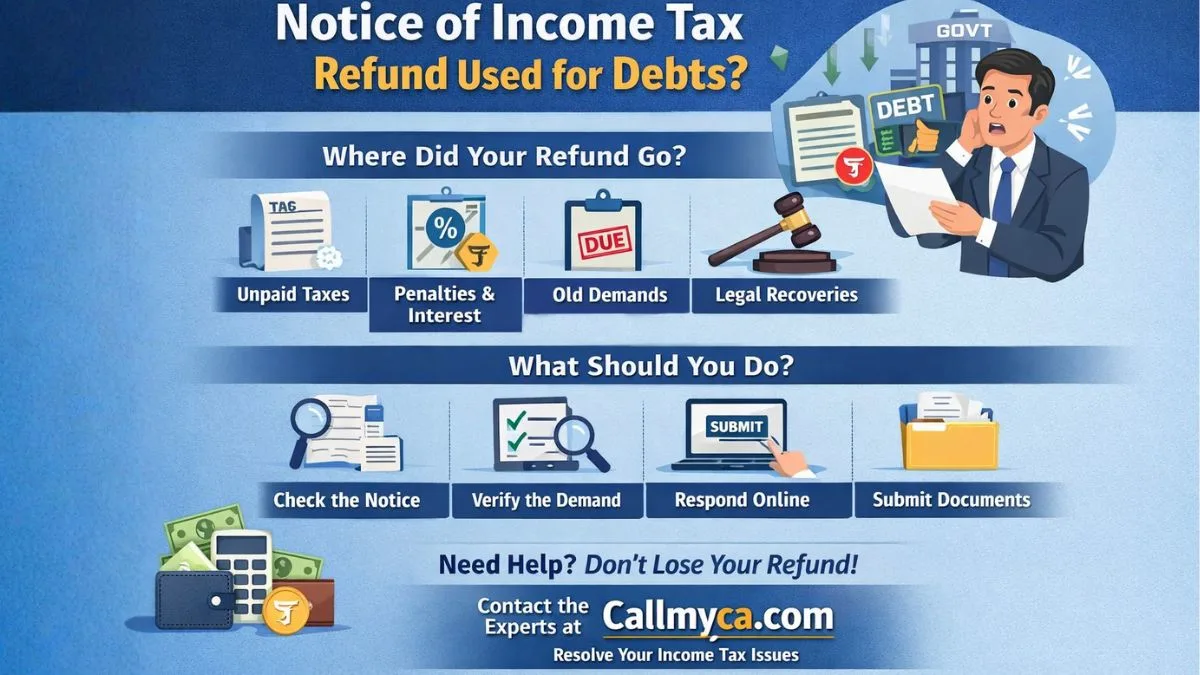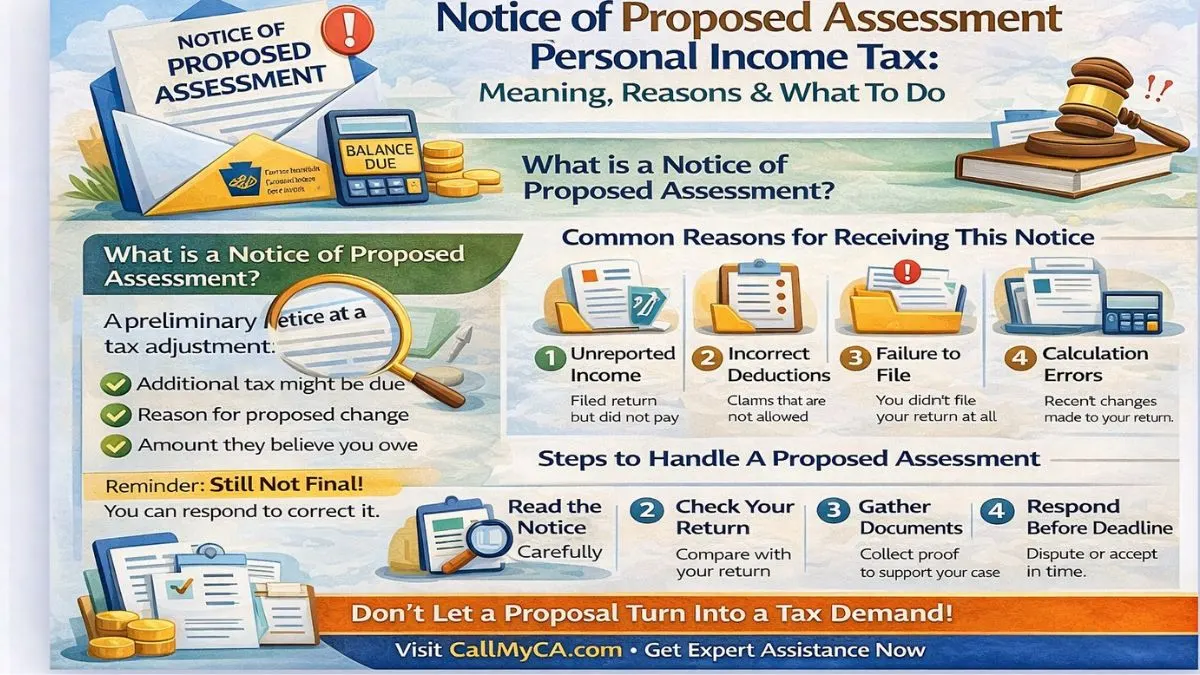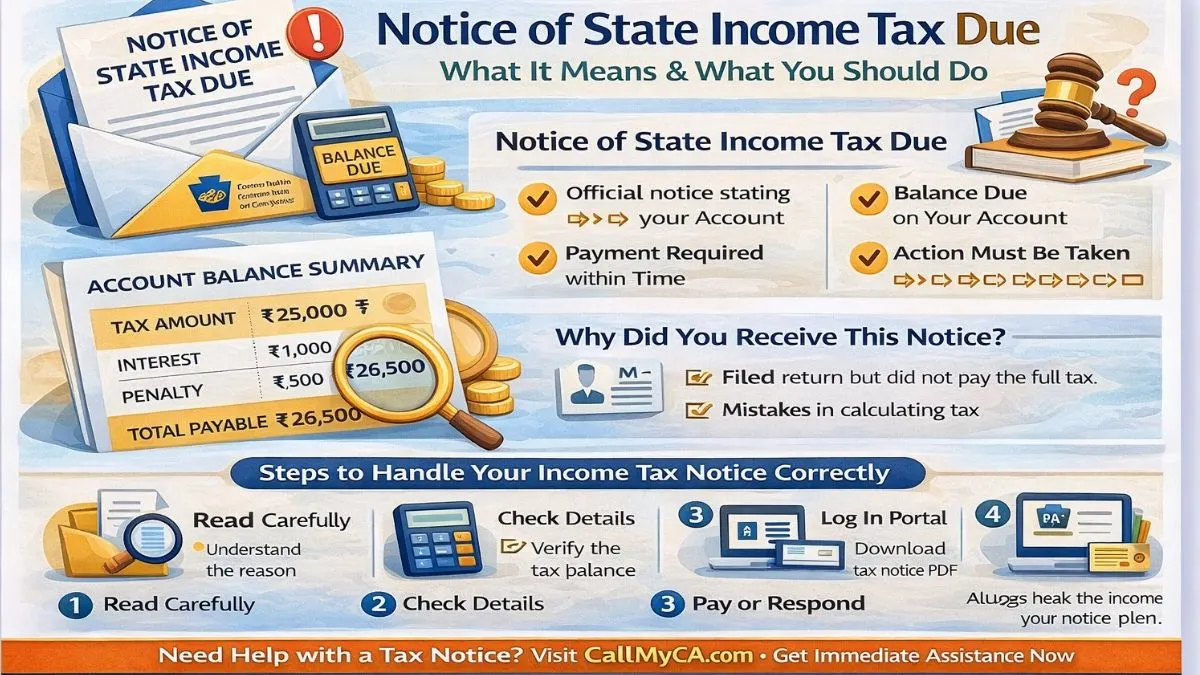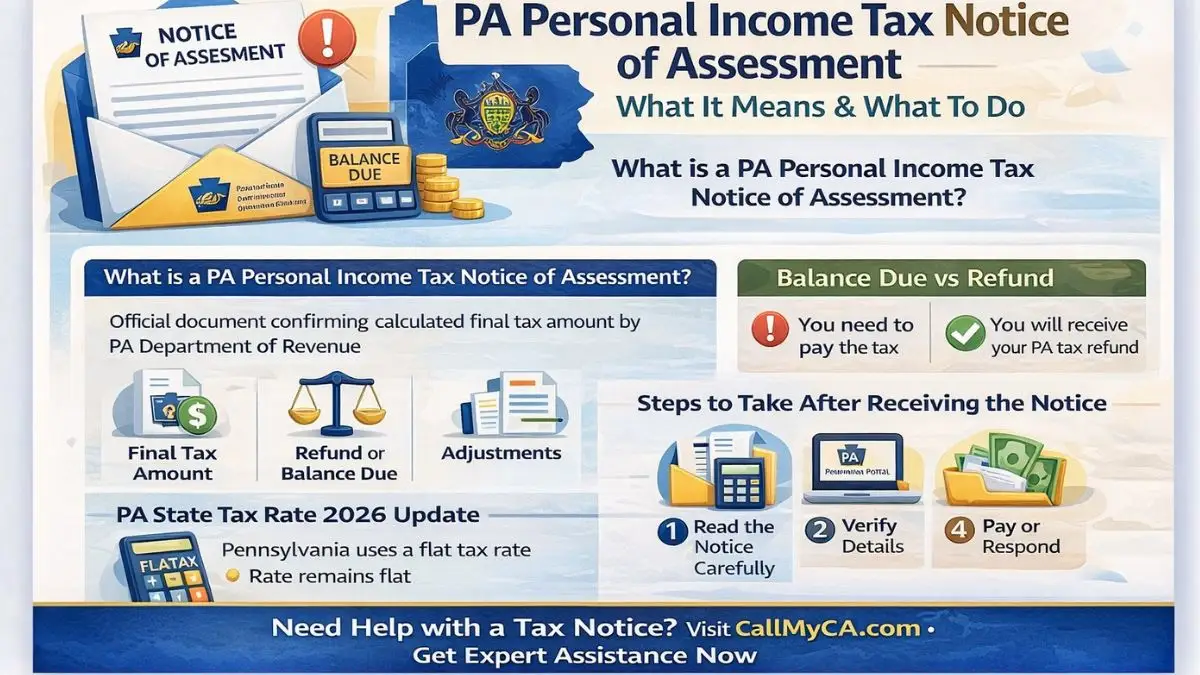
Filing your income tax return is mandatory if your income crosses the basic exemption limit—but if you’re running a business or profession, just filing your ITR may not be enough. In many cases, you also need to get your accounts audited.
That’s where the concept of tax audit in income tax comes in. It’s not just for big companies—freelancers, traders, consultants, and shopkeepers can also fall under this rule. Let’s decode what it means, who needs it, and how to comply.
What is a Tax Audit?
A tax audit is an examination or review of books of accounts to ensure that the taxpayer has maintained proper records, calculated income correctly, and offered all the required details in the income tax return.
The objective is to verify:
- Accuracy of income computation
- Claim of deductions
- Compliance with income tax provisions
- Whether the taxpayer has properly recorded all transactions
Legal Provision: Section 44AB
Tax audit is governed under Section 44AB of the Income-tax Act, 1961.
As per this section, certain individuals or businesses should get their accounts audited by a Chartered Accountant & submit a report in the prescribed audit format before the due date.
This audit report is called the Audit Report under Section 44AB, and it must be submitted in either Form 3CA/3CB and Form 3CD electronically."
Who Needs to Get a Tax Audit?
The requirement depends on your turnover, gross receipts, and profit declaration:
✅ For Businesses:
- If your turnover exceeds ₹1 crore in a financial year, tax audit is mandatory.
- If you opt for presumptive taxation under Section 44AD and declare profits less than 6% (digital) or 8% (cash), and income exceeds the basic exemption limit, you need a tax audit.
✅ For Professionals:
- If gross receipts exceed ₹50 lakh in a year.
✅ For Other Cases:
- If you're covered under the presumptive income scheme but want to declare a lower income than deemed, you may also need a tax audit.
📌 From FY 2020–21, the ₹1 crore limit is increased to ₹10 crore if your digital transactions are 95% or more.
Also Read: Filing ITR-2? One Mistake Could Delay Your Refund—Here’s the Right Way to Do It!
What is Reviewed During a Tax Audit?
During the audit, your CA will check:
- Books of accounts and ledgers
- Purchase and sales invoices
- Expense vouchers
- Bank statements
- GST filings
- Depreciation claims
- Stock register
- Loan and capital transactions
They’ll then prepare and file the audit report under Section 44AB of the Income-tax Act, 1961, summarizing your business or professional financials & tax compliance.
Due Date for Tax Audit Filing (AY 2025–26)
- 30th September 2025 for most businesses and professionals covered under tax audit
- For companies or others requiring transfer pricing reports, the due date is 31st October 2025 "
How is the Tax Audit Report Filed?
- The CA files Form 3CD (audit report format) along with Form 3CA (for those with a company audit) or 3CB (others).
- The report is uploaded on the Income Tax e-filing portal using the auditor’s login.
- The taxpayer then accepts the report in their login for it to be valid.
What Happens If You Don’t Comply?
Failing to get your accounts audited when required attracts penalties under Section 271B:
- Penalty is 0.5% of total sales/receipts, subject to a maximum of ₹1,50,000.
Also, in case of audit non-compliance:
- You can’t carry forward business losses
- You may face scrutiny or reassessment
- Your ITR will be considered defective
Also Read: What is the Turnover Limit for LLPs in India?
Benefits of Tax Audit
While it seems like a compliance burden, a proper tax audit helps you:
- Keep your books clean and transparent
- Claim accurate depreciation & expenses
- Avoid mismatches between GST and ITR
- Stay audit-ready in case of future scrutiny
- Build trust with lenders & investors
Final Thoughts
A tax audit is more than just a legal formality—it ensures that your financial records are reliable and tax calculations are accurate. Whether you run a large business, trade actively in stocks, or offer professional services, ignoring tax audit requirements could cost you heavily.
If your turnover exceeds limits or you’re declaring lower income under presumptive schemes, consult a tax expert & stay compliant. Getting your accounts audited is a proactive step toward building a clean financial profile.
Running a business or freelancing? Don’t miss your tax audit deadline—get it done stress-free with experts at Callmyca.com. Accuracy, compliance, and peace of mind—just one click away.

